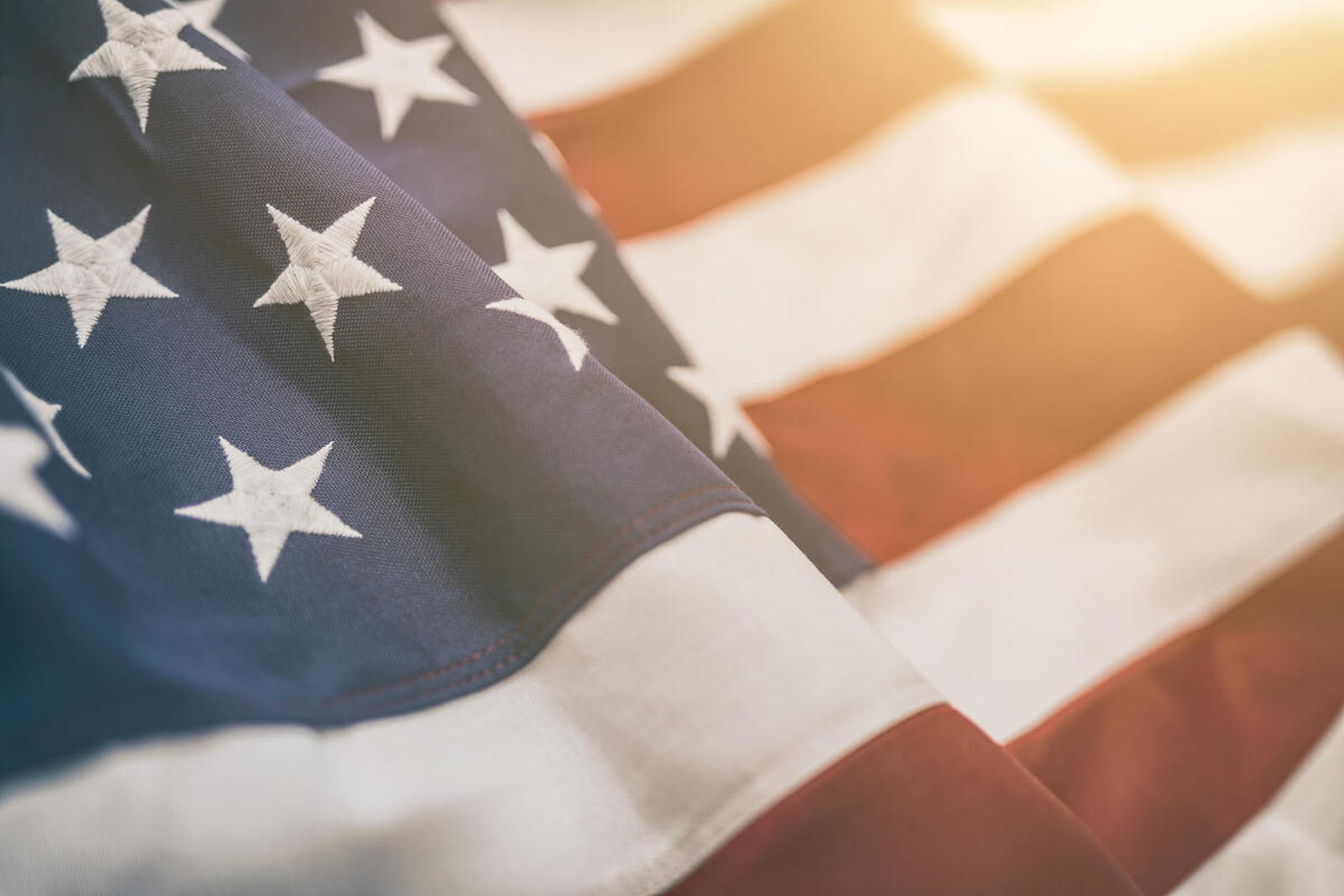The Vanderbilt Project on Unity and American Democracy released national polling results measuring Americans’ unity and beliefs on government and democracy.
Results from the Vanderbilt Unity Poll released in March show two things about Donald Trump’s support. First, his support has dropped about 5 percentage points from December 2023, a shift consistent with other national polls. Second, a felony conviction would hurt Trump in the November election. When poll respondents are asked whether they will vote for Trump or Biden, the former president beats the current president in our March poll. But if the question mentions a Trump felony conviction, then the race flips, with Biden holding a 1-point lead. In both forms of the question, Robert Kennedy secures about 13% of the vote, 10% claim they will not vote, and another 10% indicate voting for someone other than those three contenders. These results underscore that the race remains very unsettled. If Trump were convicted in the current “hush” money case in New York City, that appears to have a big impact. In addition, the support Kennedy and other third-party candidates now enjoy is very likely to shrink as we approach election day. That reality adds further uncertainty to the contest. November remains a long way off and much could happen.
The amount of unity in this country showed its first uptick in more than a year, with a modest increase of 0.4 from 46.4% to 46.8% in the most recent Vanderbilt Unity Index. This slight increase is somewhat surprising given a contentious Republican primary, a combative Congress and growing uncertainty in the Middle East.
The “unity” measures in the national Vanderbilt Poll suggest that the public continues to feel polarized. So, for example, about 80% of Americans feel divided on “pressing issues” facing the country—a proportion that has held steady for the last three quarters of the Unity Poll. The numbers improve when asking can the country unite to solve important problems. Here about 40% of the public feels we can do so. One notable find is that there is little appetite, despite substantial polarization, to resort to violence to stop the opposition party. Only 2% to 4% of the public believe the other party must be defeated at any cost, including the use of violence. These data suggest that the kinds of actions witnessed on Jan. 6, 2021, have very limited support within the American citizenry.
Additional takeaways from the survey data include:
- There is little confidence in the decision-making of “social influencers,” and this is shared across the partisan divide. 83% of respondents, including both Republicans and Democrats, don’t trust social media influencers to make the right decisions. Among Republicans, 85% share this sentiment, and 82% of Democrats feel the same.
- There is widespread agreement that the U.S. political system needs to be more responsive. 83% of Republicans and 81% of Democrats are not confident that the political system in the United States reflects the public’s views on pressing issues.
- 30% of survey participants think that the candidate’s integrity is most important when considering which candidate to support. For Democrats, that share jumps to 42% and drops to just 13% for MAGA Republicans. Across all respondents, 16% cited a candidate’s willingness to fight as the most important dimension when voting. That jumps to 35% for MAGA Republicans. It is clear there are partisan divides on what partisans are looking for in candidates—yet another indication of our polarized politics.
The Vanderbilt Project on Unity and American Democracy also sponsors the Vanderbilt Unity Index. “The Vanderbilt Unity Poll should provide regular snapshots of Americans’ sense of national political unity and their faith in the country’s democratic institutions,” said John Geer, head of the Vanderbilt Project on Unity and American Democracy.
SSRS conducted the Vanderbilt Unity Poll on its Opinion Panel Omnibus Platform. Between March 15 and March 17, 2024, 1,033 respondents, ages 18 and older, responded across several platforms in Spanish and English. The poll has a margin of error of +/-3.5 at the 95% confidence level.
